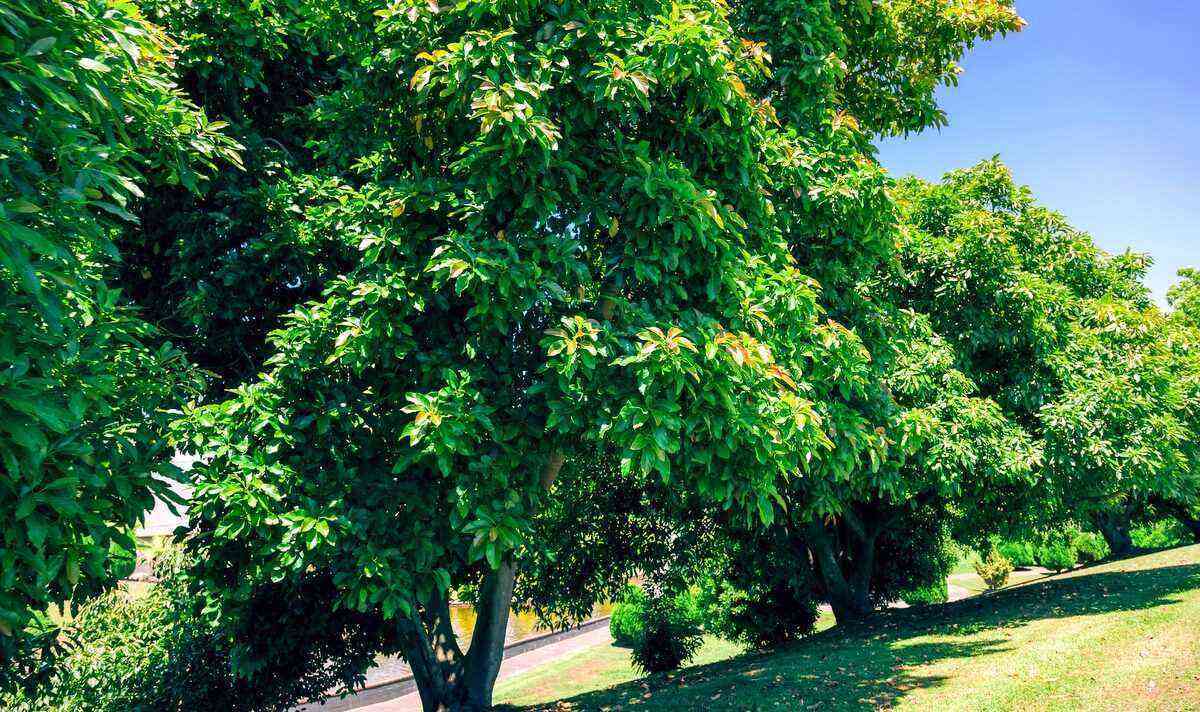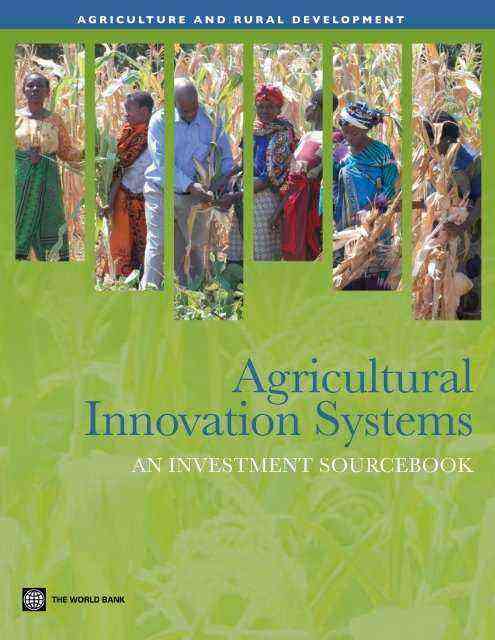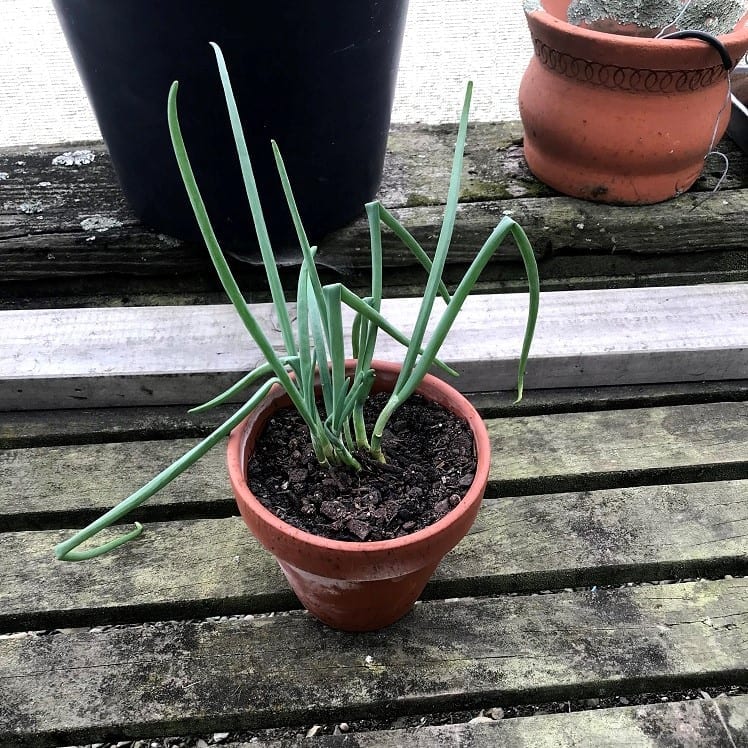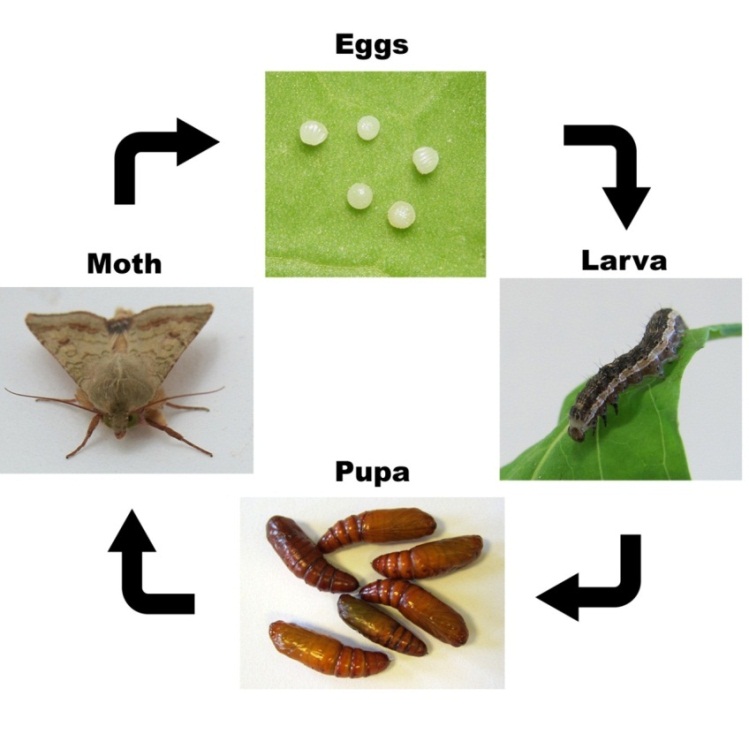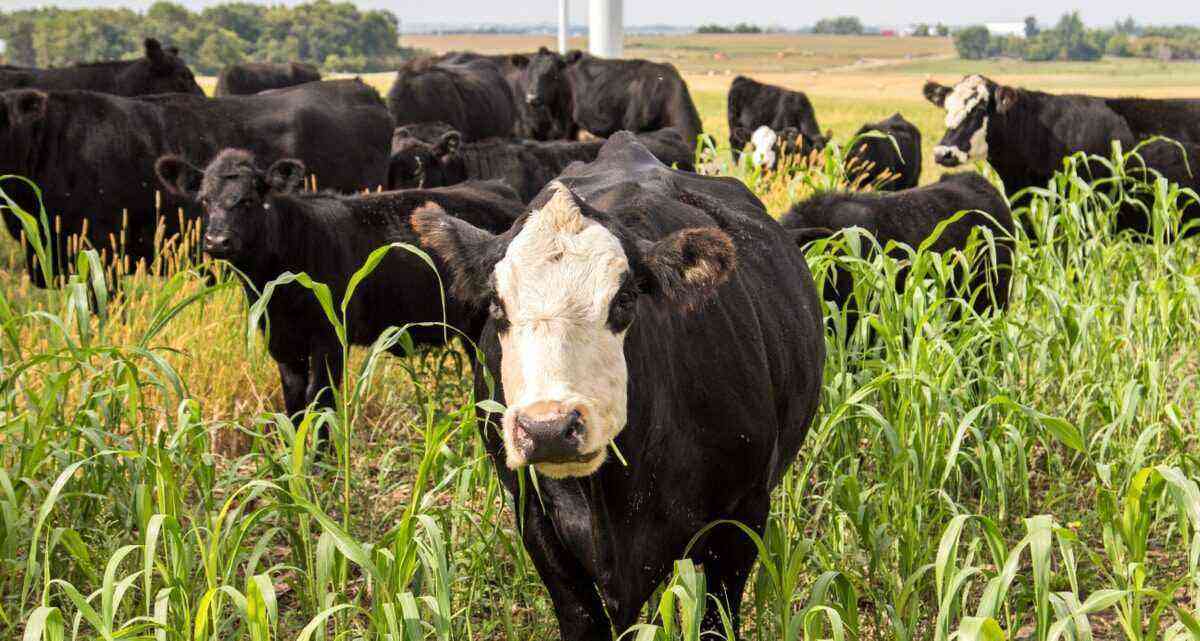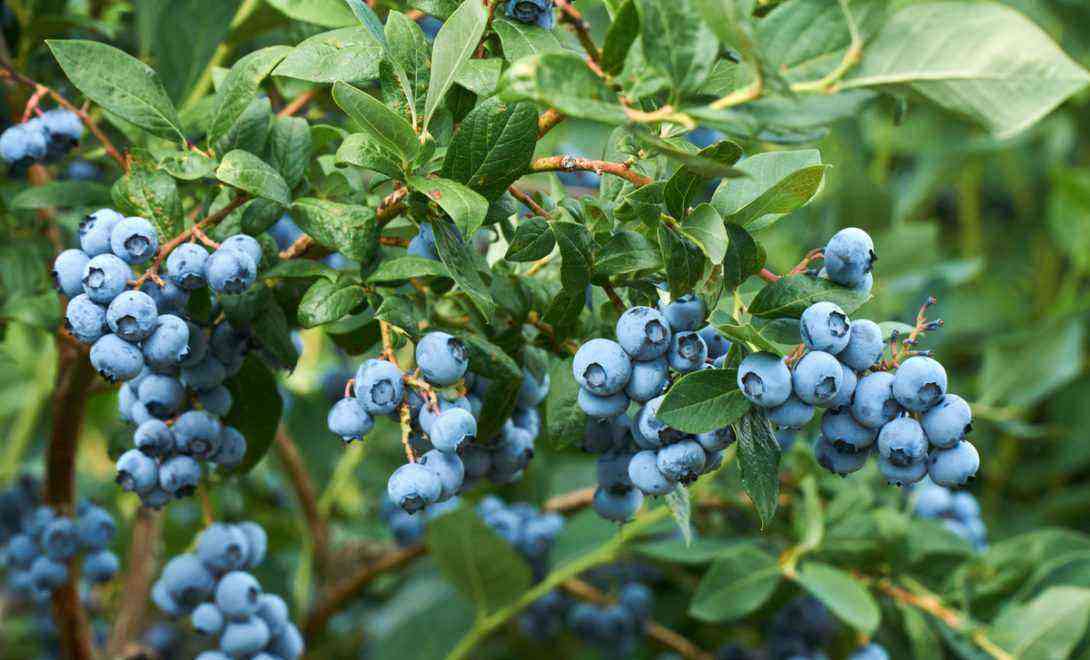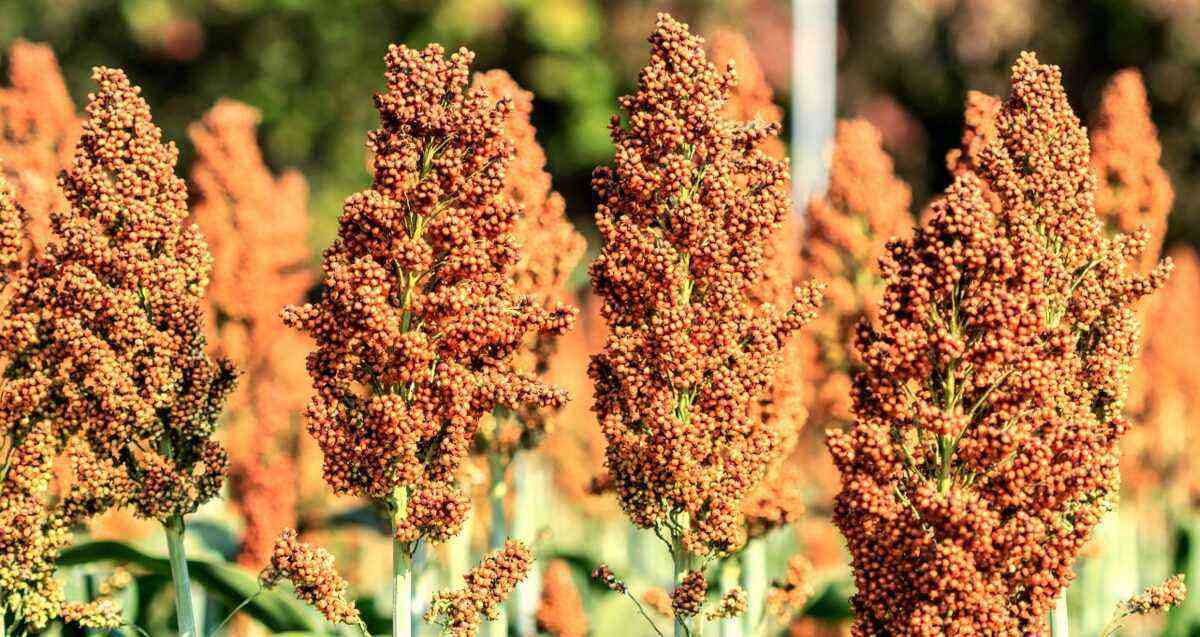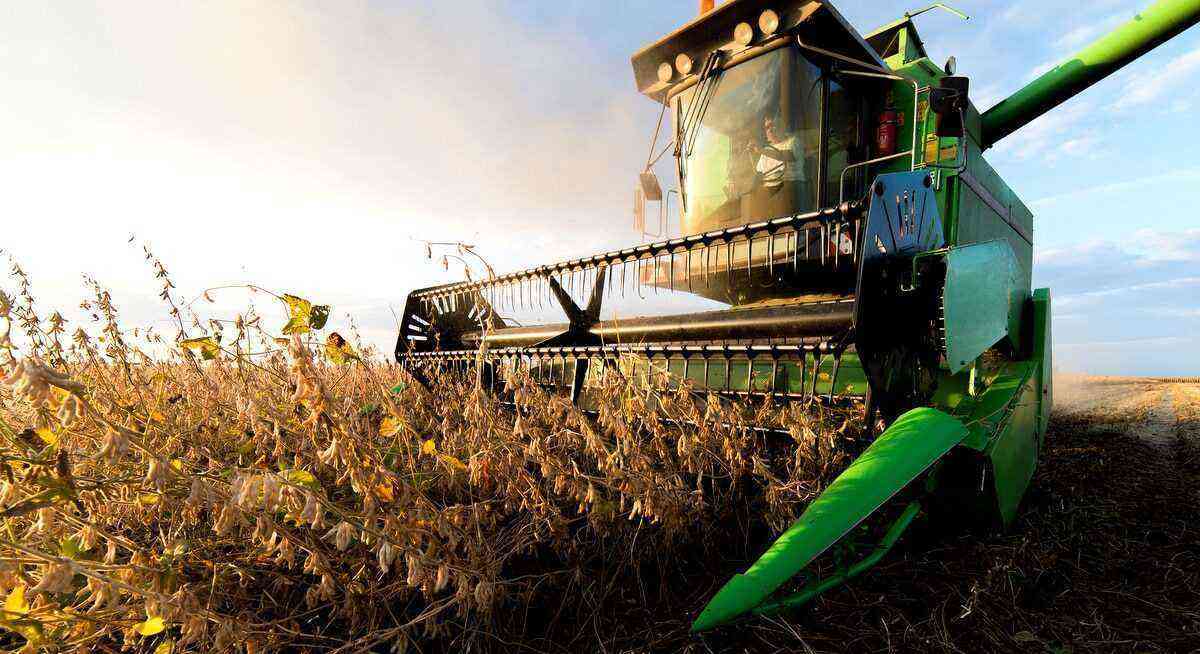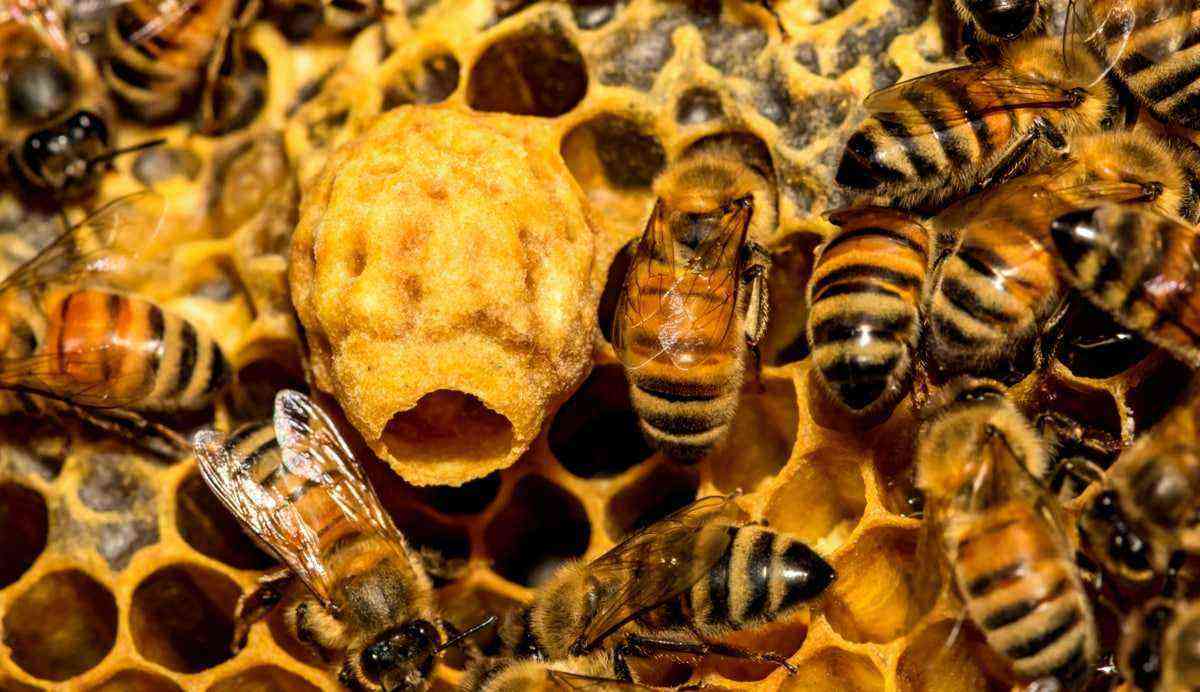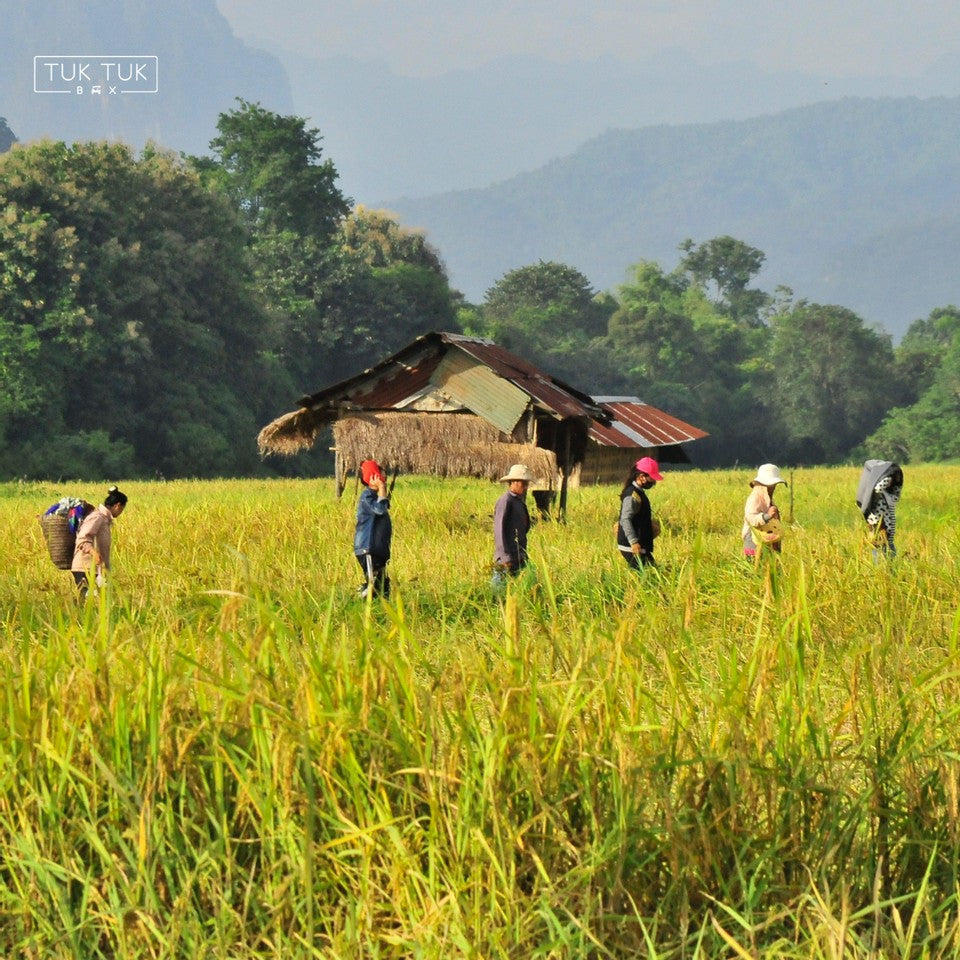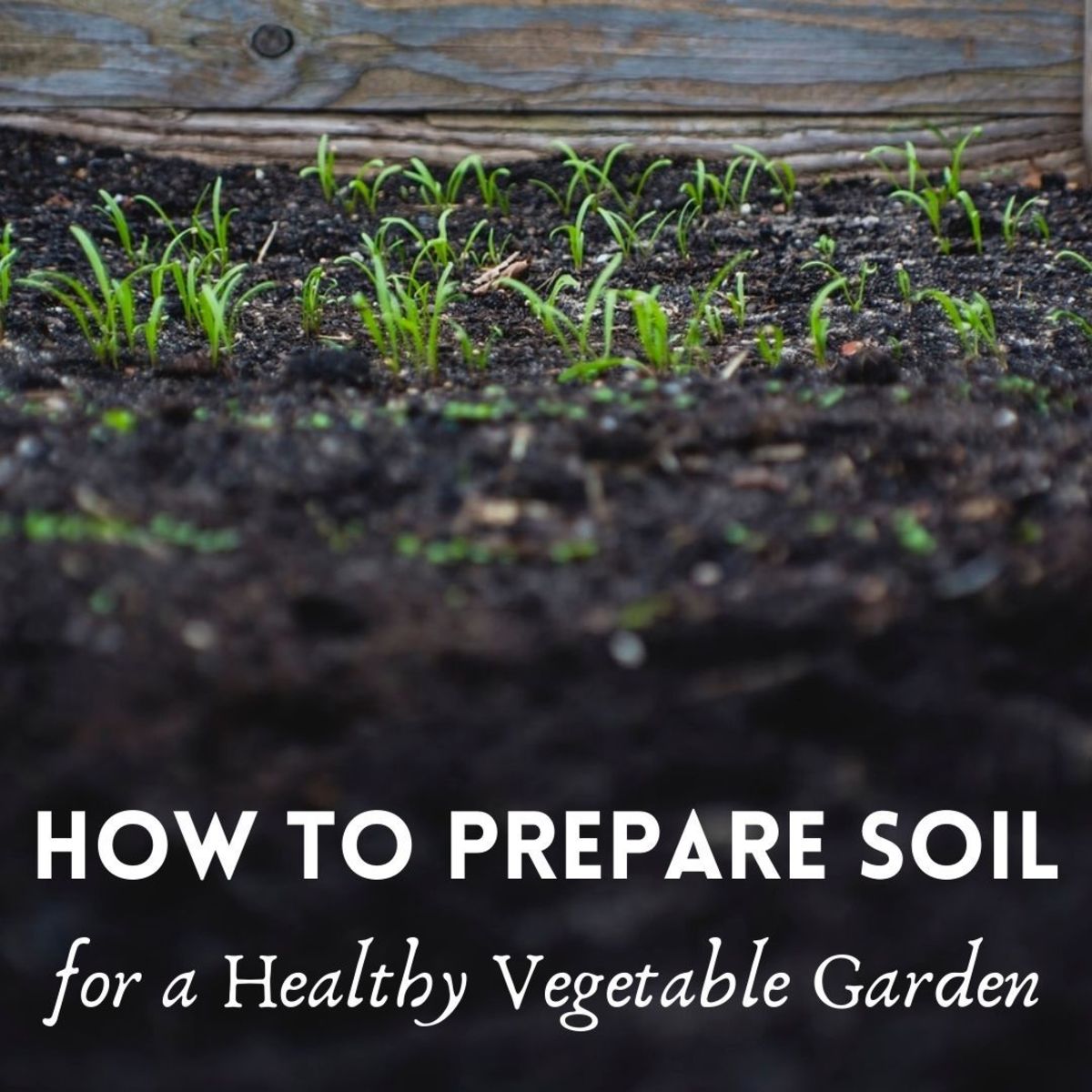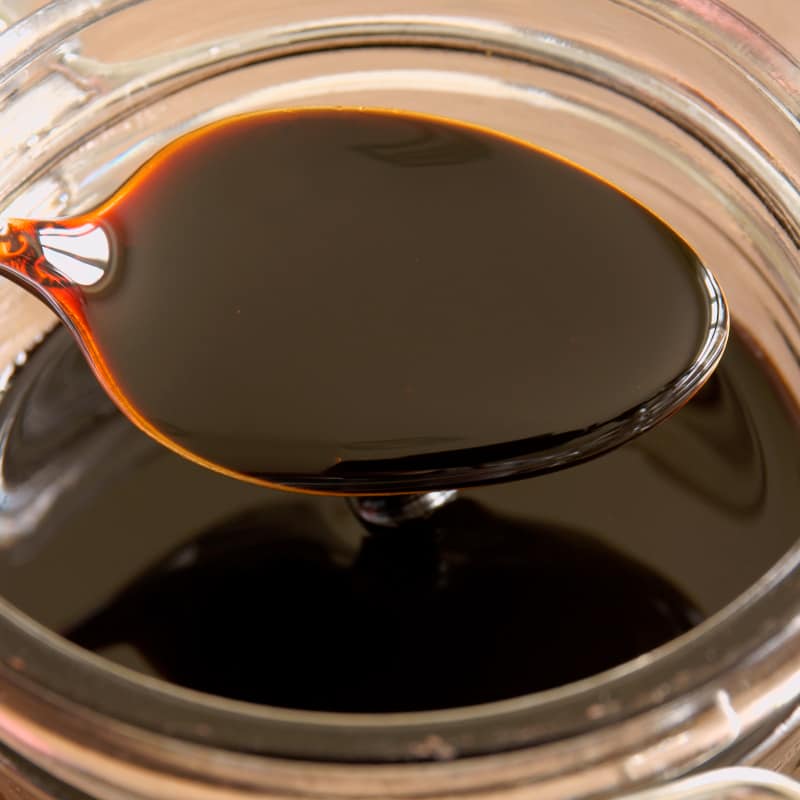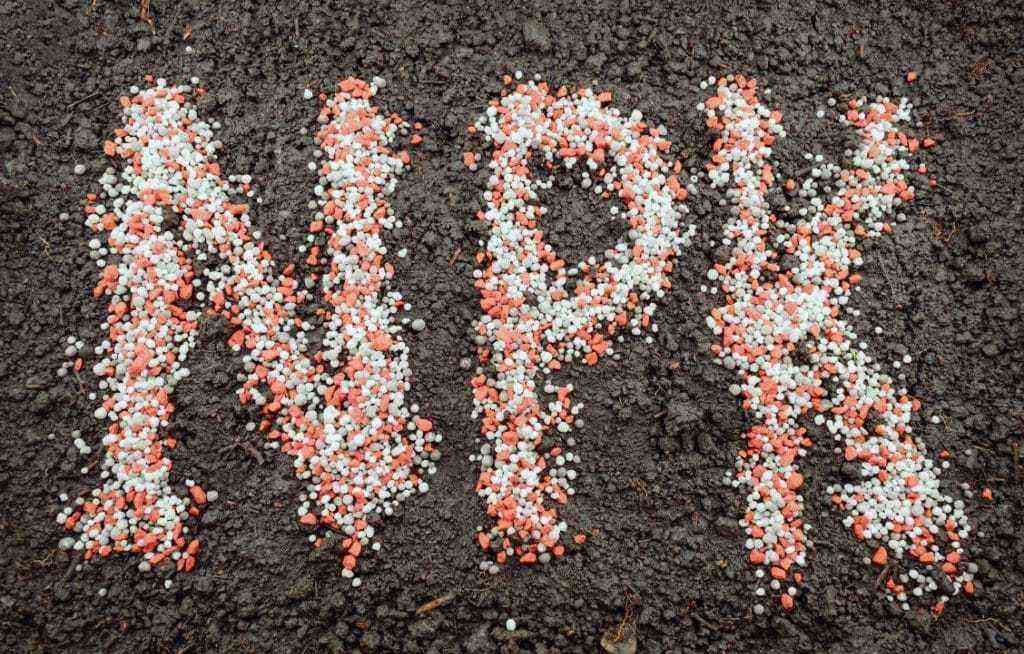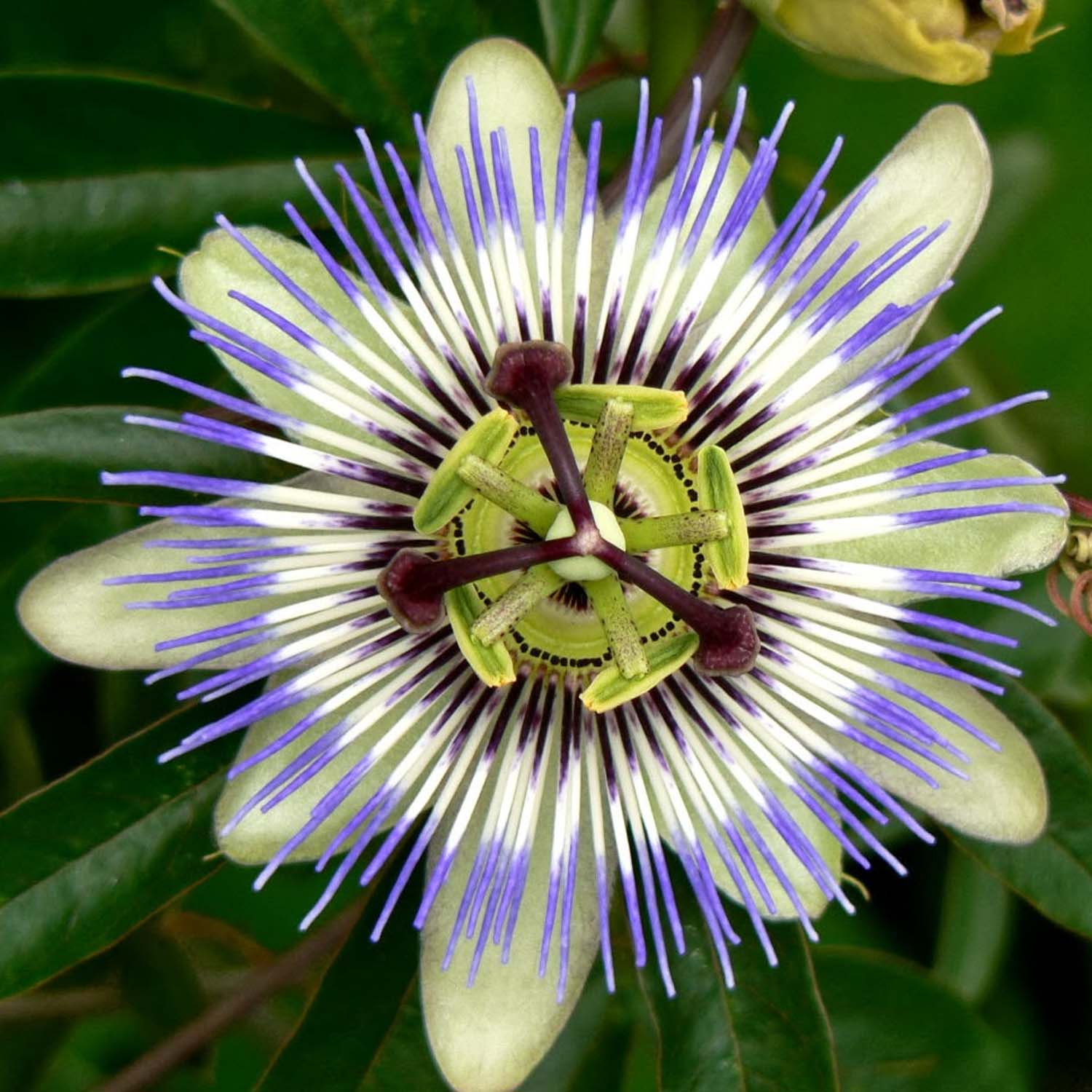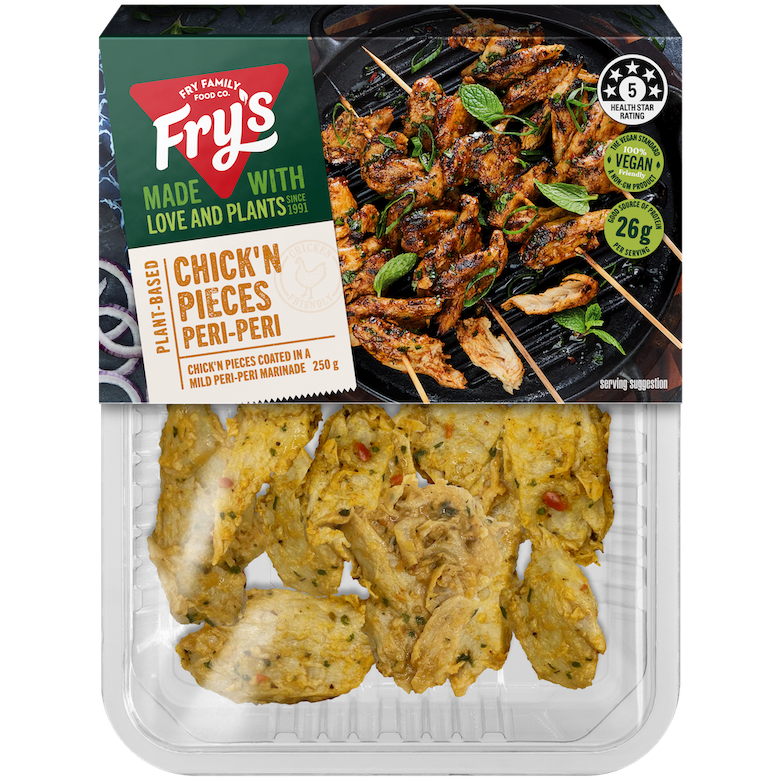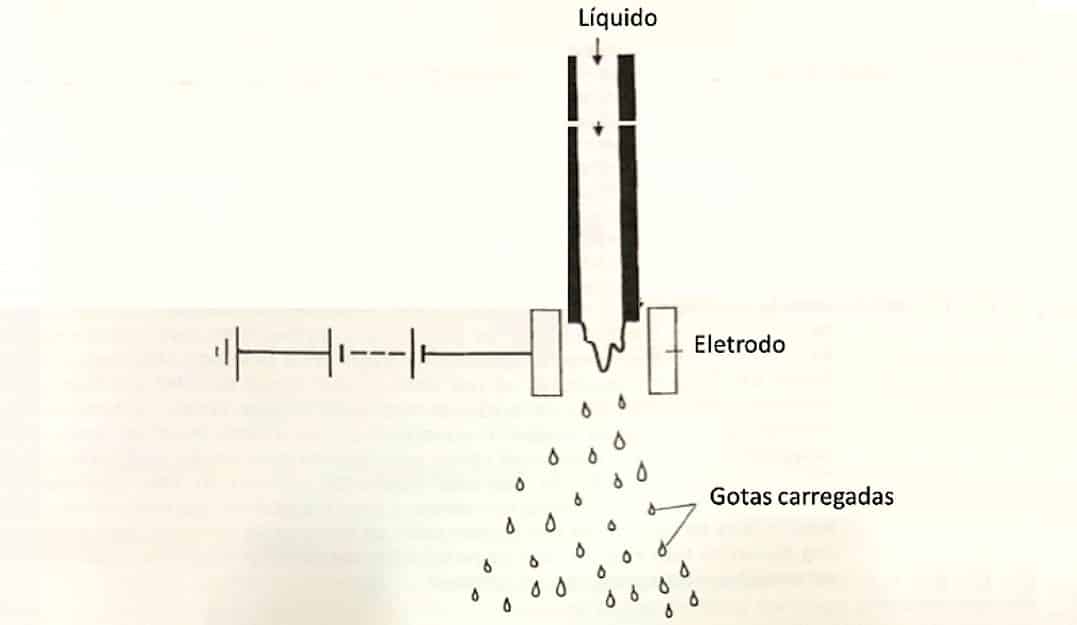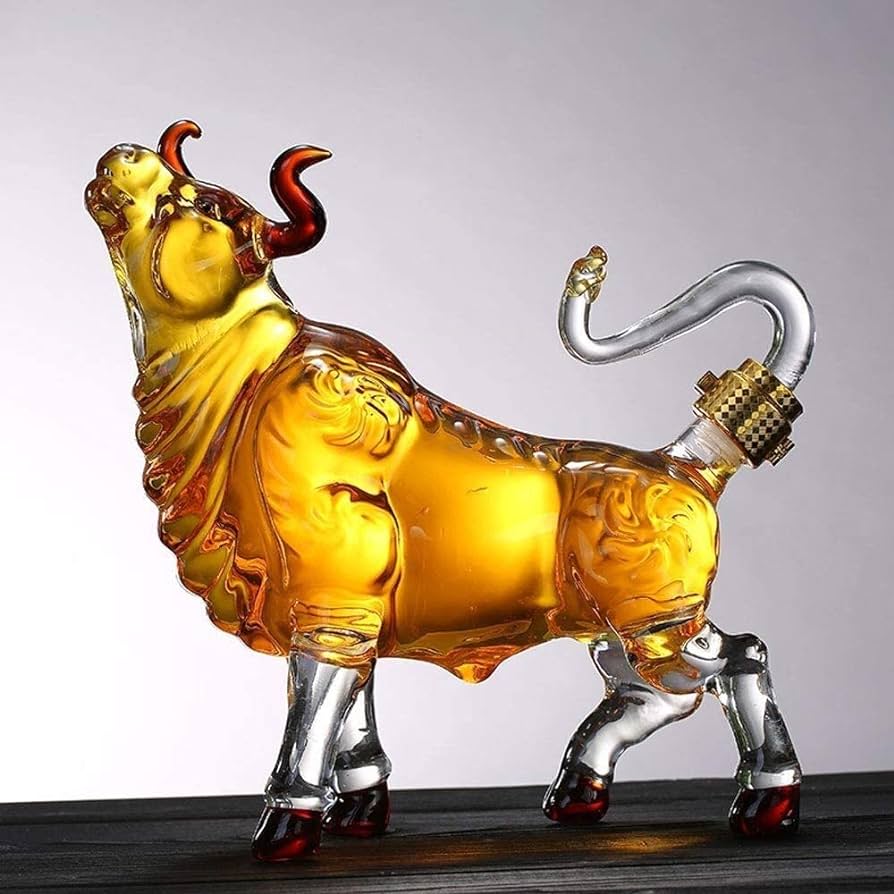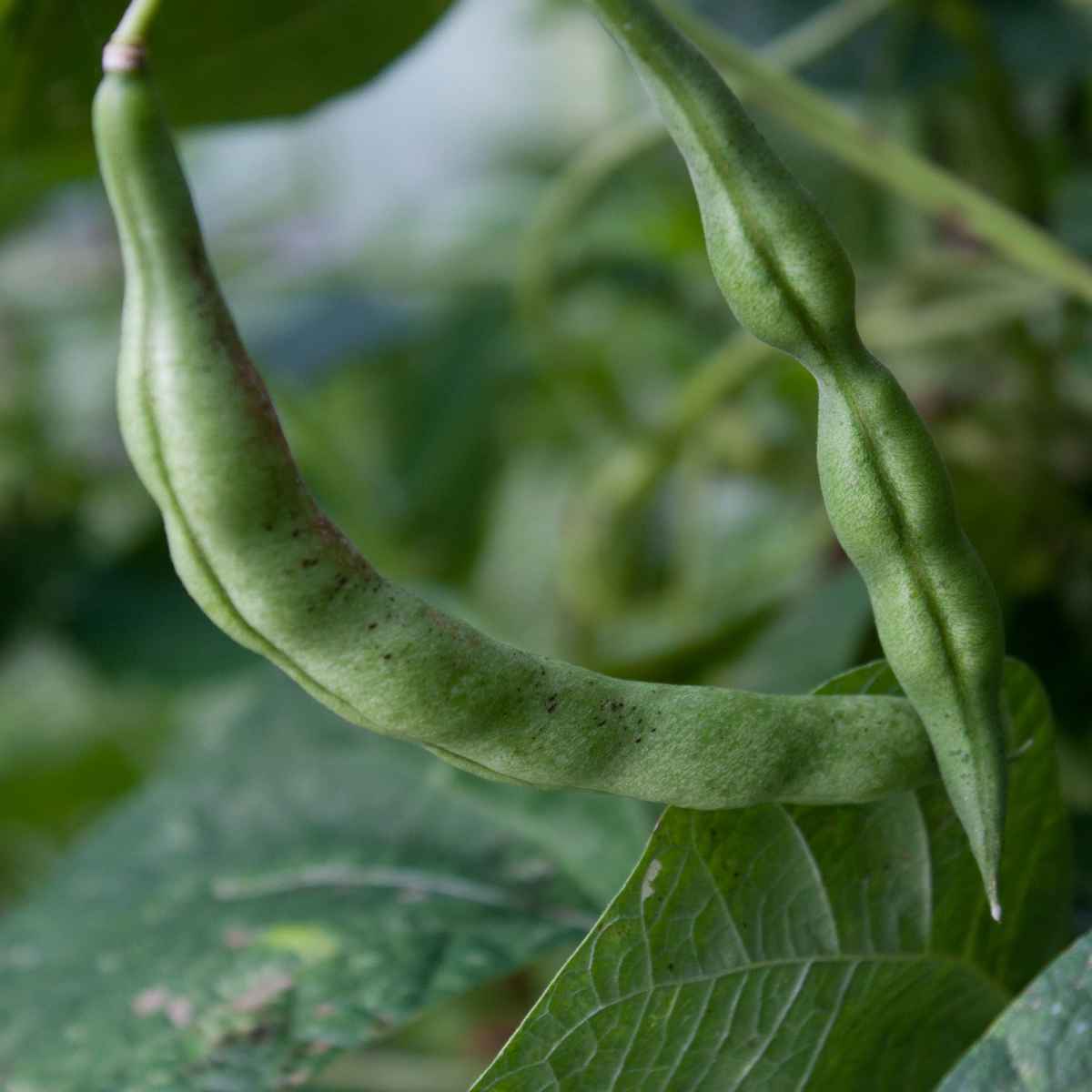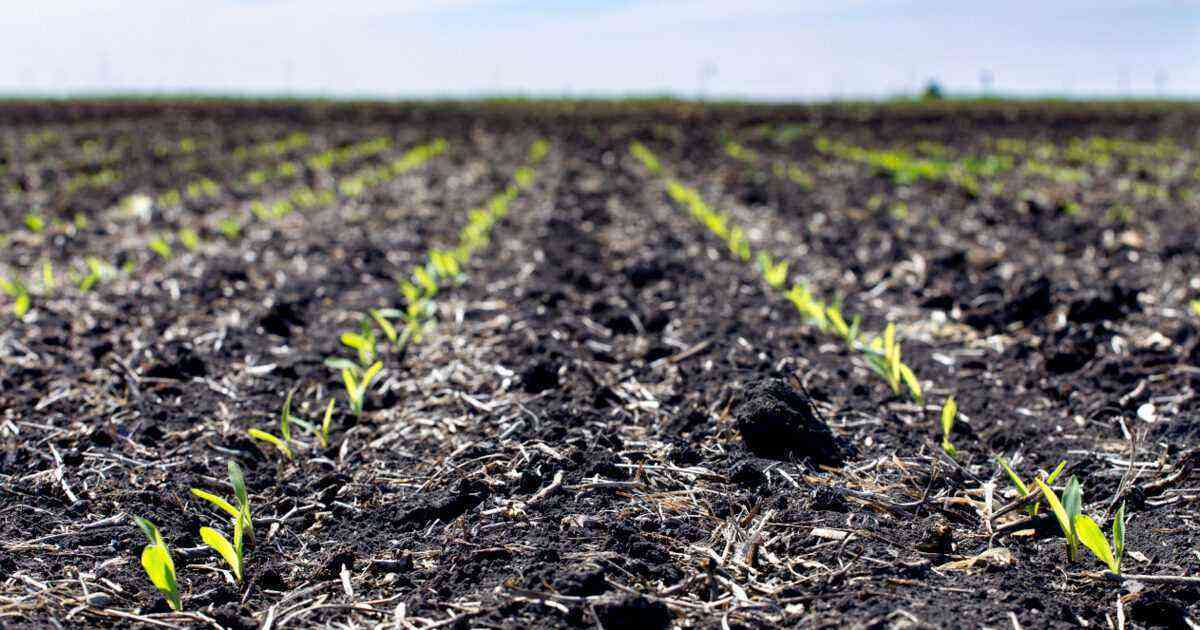Choosing the best fertilizer for your crop is not always an easy task. It is necessary to know well the types of nutrients that can be used, in which points they bring advantages, period of the year of greater effectiveness, how to apply them, etc.
Thus, in this content, we will address this issue in more detail. First, it is necessary to make it clear that it is not such a simple choice.
It is important to understand all the points that need to be considered when choose the fertilizer to guarantee a more qualified and productive crop.
Types of fertilizer for farming
First, let us cite the types of fertilizer that can be chosen. There are several options, such as organic, mineral, leaf fertilizer and those formulated for a particular activity.
Each has its own characteristics. Therefore, to know the best it is necessary to understand the context of each crop.
This also involves the desired time to obtain a result. In addition, the size of the plantation and the physical space available for the fertilization process.
Comparison between organic and mineral fertilizer
Going further into the topic, an interesting topic is the comparison between the types of fertilizers organic e mineral.
After all, one of the ways to know which is the best option is, obviously, putting on paper the differences between these types of fertilizer, to see the pros and cons of each one.
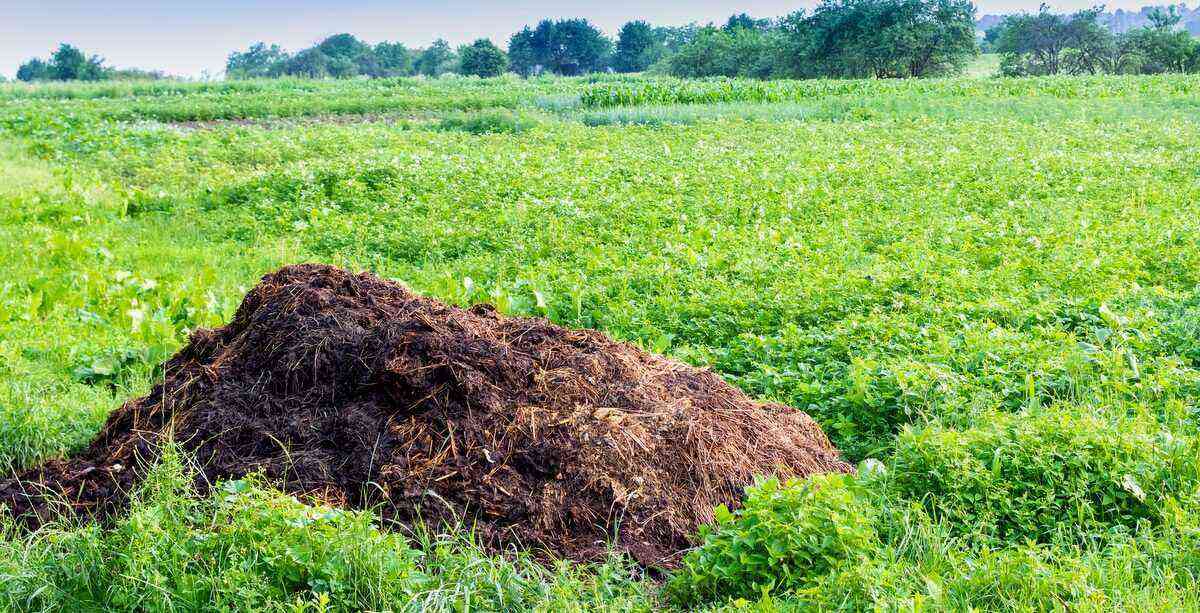
Manure is an example of organic fertilizer for crops. The product has a lower amount of nutrients.
Starting with organic fertilizer, which is obtained through matter of plant or animal origin, such as manure. It usually has less concentrated nutrients.
Therefore, it is necessary to apply a greater amount of the product to obtain a satisfactory result. This leads to a greater difficulty if the size of the area to be used is very large.
In large plantations, the work of using organic fertilizer, in addition to investing in the amounts of nutrients, is a very relevant negative factor.
Mineral fertilizer: features
Mineral fertilizer, obtained from mineral extraction or petroleum refining (such as potassium chloride), resolves this issue. It’s just that it has the opposite characteristic: it’s extremely concentrated. So, on a large scale, it is easier to use it.
On the other hand, in favor of organic fertilizer is the fact that it improves the soil in which the crop is produced.
With long-term planning in mind, this product guarantees better soil quality, improves fertility and nutrient retention. Mineral fertilizer does not change the constitution of the soil in these mentioned aspects.
For this to happen, it is necessary to carry out a soil analysis in the laboratory, in order to detect the specific deficiencies of the land and that have decisive functions in the development of the plant.

Mineral fertilizer is more concentrated. But, the application depends on a soil analysis to know the deficiencies.
The greatest benefit of mineral fertilization is the exact application of what is deficient in the land for the crop in question.
Therefore, it is already clear that, as the context of choice between organic and mineral fertilizers, will depend on your objective: to have a better soil long term or a result faster e facilitated by the use of mineral fertilizer?
Thus, answering these questions is essential and shows how there is no closed solution about the best fertilizer. Therefore, it will depend on the farmer to define the objectives of his agricultural production.
foliar fertilizer
One more point that must be raised is the question of liquid fertilizers. This format has been growing in recent years. The improvement in agriculture-related technologies allows quality to be increased.
Within the types of liquid fertilizer, a prominent form is the so-called foliar fertilization. We will focus on it as another clear option in choosing the best use of nutrients in the crop.

Through foliar fertilization, nutrients first pass through the leaves of the plants until they reach the soil.
In fact, foliar fertilizer is able to give plants the amount of nutrients needed for their functioning. This, within the farming objectives, with full development of its productive capacities.
Unlike organic and/or mineral fertilizers mentioned in the previous topic, foliar fertilization, as the name implies, is not carried out directly on the soil.
It is placed on the surface of plant leaves. From the internal processes, the product reaches the roots. After that, it concludes the process of fertilizing the soil of that planting area.
plant cycle
The main challenge of foliar fertilizer is to perfectly understand the working cycle of plants.
For example: the process of opening the stomata, so that the product can infiltrate and reach the roots, is done by the plants in moments of intense sunlight.
Therefore, it is useless to apply foliar fertilization in times of low light, at the risk of losing its efficiency.
Other details, such as the temperature and pH of the solution are also important in this process.
Thus, it takes a lot of knowledge and study time to apply foliar fertilizer. If there is no such possibility, it is better not to risk this format.
Some of the most used elements, such as foliar fertilizer, are zinc and manganese, among others.
Check it out video below, how foliar fertilization should be carried out in soybean crops, according to Embrapa’s project:
Source: Embrapa.
Understand the objectives to discover the best fertilizer for the crop
Using organic, mineral or foliar fertilization the main point of the discussion is clear. It is necessary to understand the conditions of the crop, objectives of the producer, speed required, long-term soil protection, etc.
Thus, it is no use closing the idea in a type of fertilizer, which would be the best solution for all questions. There are pros and cons to all of them, as seen. what matters is the creating a clear action plan in the field.

Therefore, when choosing the best fertilizer for his crop, the producer must first define his objectives.
With well-defined ideas, it is possible to compare different types of fertilization, always based on the farmer’s plans.
So, from there, it will certainly be easier to see which type solves the greatest number of problems, thinking about the general objectives.
Also check out our article that gives seven tips on how to properly fertilize in the field.

